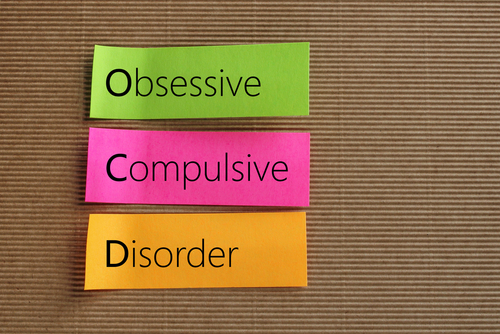
Mental health disorders are typically misinformed. People do not fully understand the reality of what mental health disorders are, the effect they have on someone’s life, and the severity in which they can occur. Obsessive compulsive disorder is used in popular culture to reference an “obsession” with being organized, clean and making sure everything is perfect. Perfectionism and obsessive compulsive disorder are two different things. Being obsessed with everything being just so is a focus on the outcome, of things being just so. Sometimes people will obsess about the consequences if they lack perfection. Mostly, it’s personal irritation because of a commitment to make things just so. The intrusive thoughts which come with obsessive compulsive disorder are not about perfection. They aren’t about personal interest or a desire to make things perfect. Often, the obsessive thinking of OCD is disruptive and shocking. Building up a pressure, the brain resorts to compulsive thinking. If someone with OCD can act on their compulsive behavior, it will make the obsessive, intrusive thinking go away. This is different from wanting to be a perfectionist about an activity in order to let go of the stress of something not being perfect. The thought processes of obsessive compulsive disorder aren’t rational. The relationship between the obsessive thoughts and the compulsive behaviors often don’t match. For example, a perfectionist might obsess about the ribbon tied on a package being crooked. It will drive them to irritability if they don’t fix that ribbon. Someone with obsessive compulsive disorder might believe that if they don’t untie and retie the ribbon five times, they might be the cause of a train accident four states away. That’s different from perfectionism.
People who have perfectionist tendencies seem to revel in labeling themselves obsessive compulsive. People call themselves OCD when they aren’t OCD because, simply stated, they aren’t informed about what OCD really is. Today, the conversation regarding mental health and mental illness is growing. With an opening dialogue, the conversation is shifting from misinformation to information, breaking down the stigmas and stereotypes one at a time. Individuals living with real, diagnosed OCD are speaking up against the tide of stereotype and changing the way people talk about mental health.
Without diagnosis and treatment obsessive compulsive disorder can quickly take over someone’s life. If you are struggling to manage obsessive thinking and compulsive disorders, you are not alone. Recovery is possible. Call Avalon By The Sea today for a confidential assessment and more information on primary mental health care residential treatment programs: 888-958-7511











